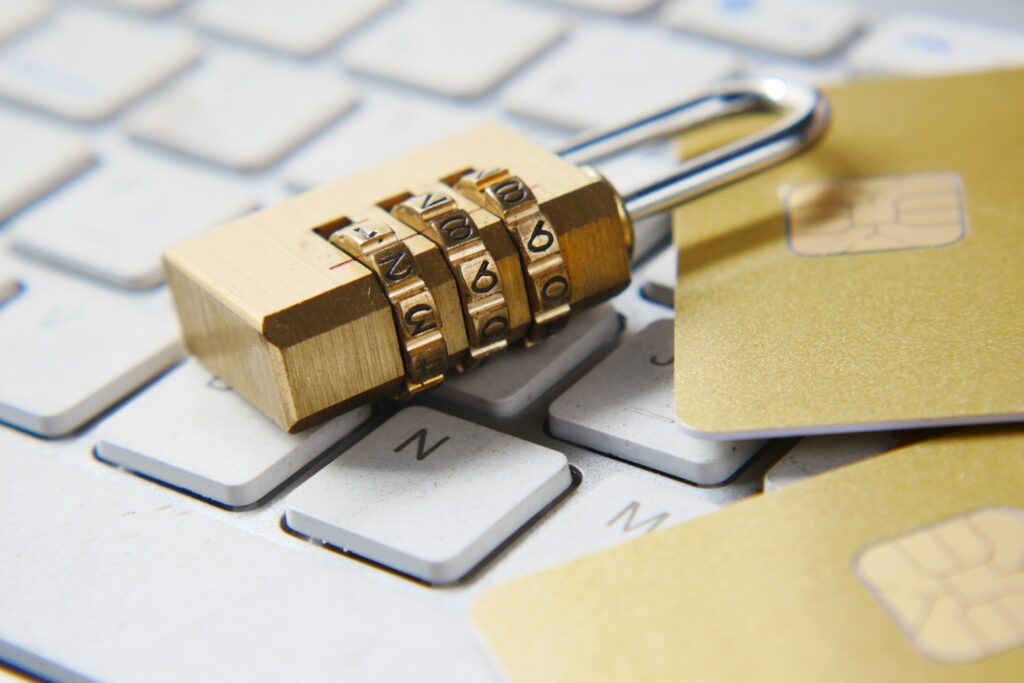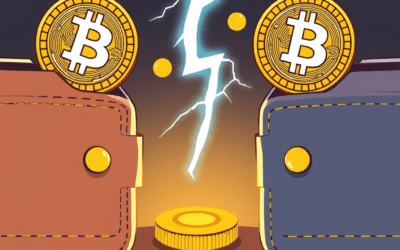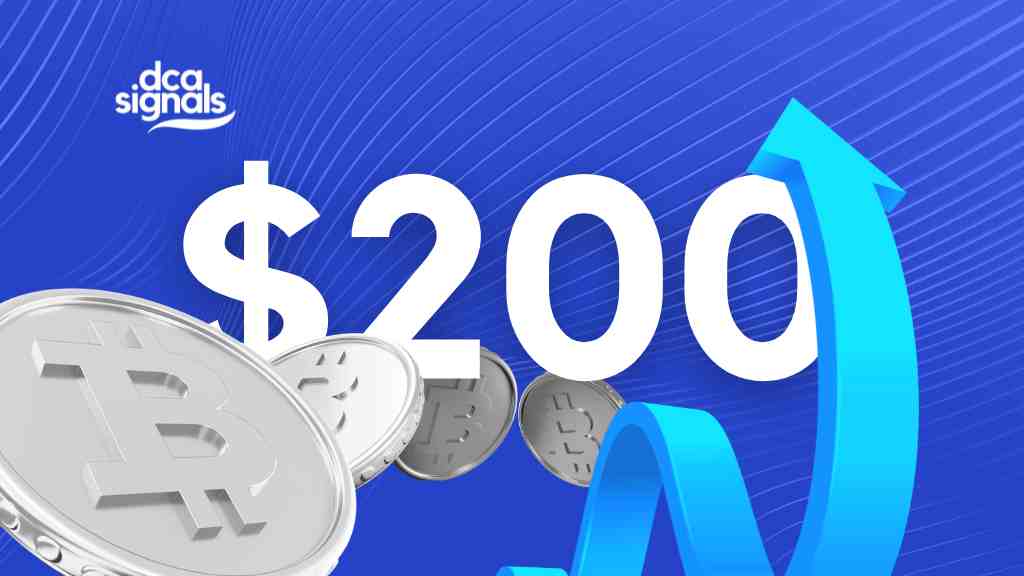Private keys and recovery phrases play a pivotal role in the secure management of digital assets, particularly within the realms of hot and cold wallets. As the digital landscape continues to evolve, understanding the nuances of these cryptographic elements becomes increasingly crucial for users aiming to navigate the intricate world of digital currency. In this comprehensive exploration, we’ll delve into the intricate details of private keys, recovery phrases, and their significance in the context of hot and cold wallets.
Key-Points
- Private keys serve as the cryptographic linchpin for securing ownership and authorizing transactions in digital currency wallets.
- Encrypted keys find their abode on the user’s local device, whether it be a smartphone or computer. Typically, these keys are securely stored in designated areas like a secure enclave, constructed to resist various hacking attempts.
- As the digital frontier continues to expand, users must equip themselves with comprehensive knowledge of these cryptographic elements.
Table of Contents
Encryption and Storage of Private Keys on Your Device
Encryption Process:
Private keys serve as the cryptographic linchpin for securing ownership and authorizing transactions in digital currency wallets. In the case of popular wallets like Coinbase Wallet, these keys undergo a robust encryption process. Sophisticated cryptographic algorithms ensure that even if an unauthorized entity gains access to your device, deciphering the private keys remains an arduous task without the correct passphrase or PIN.
Storage on Device:
Encrypted keys find their abode on the user’s local device, whether it be a smartphone or computer. Typically, these keys are securely stored in designated areas like a secure enclave, constructed to resist various hacking attempts. This localized storage enhances the security posture, making it challenging for malicious actors to compromise the keys.
Control Over Keys and Coinbase’s Policy
Wallet Control:
Understanding the level of control over private keys is crucial for users. Coinbase Wallet operates as a non-custodial wallet, signifying that Coinbase, the service provider, does not retain access to the keys. This stands in contrast to platforms like the Coinbase exchange, where the exchange itself controls the keys. The degree of control can vary among different wallet providers, offering users varying levels of autonomy in managing transactions.
Advanced Features:
Certain wallets provide additional features, such as the ability to set up multi-signature transactions or customize network fees. These features empower users with more control over transaction processing. It’s essential to familiarize oneself with the specific wallet’s functionalities and policies to make informed decisions regarding the level of control desired.
Origin and Function of Private Keys
Generation:
When a user initializes a wallet, the system generates a private key using a random number generator. Crucially, this process transpires locally on the user’s device, ensuring the key’s security from external threats.
Role in Transactions:
The private key plays a fundamental role in signing transactions. It serves as the cryptographic proof of ownership, allowing users to authorize the movement of their digital assets on the blockchain.
Recovery Phrases and Their Relation to Private Keys
Generation of Recovery Phrase:
In conjunction with the private key generation, wallets create a recovery phrase (or seed phrase). Typically consisting of a 12–24 word sequence, this phrase derives from the private key using standardized protocols like BIP39.
Purpose of Recovery Phrase:
The recovery phrase acts as a human-readable manifestation of the wallet’s private key. Users are advised to write down and securely store this phrase separately from their device.
Recovery Process:
In scenarios where a user loses access to their device, the recovery phrase assumes paramount importance. It facilitates the restoration of wallet access on a new device. When input into a compatible wallet, the recovery phrase regenerates the original private key, ensuring continuity of access and control over digital assets.

Security Implications
Best Practices:
Observing best practices in handling private keys and recovery phrases is imperative. Users should never share these sensitive components with anyone and must store them securely in an offline location. The potential ramifications of a compromised recovery phrase are significant, as unauthorized access could lead to the compromise of the wallet and associated funds.
Conclusion
In the landscape of digital assets, private keys and recovery phrases stand as the guardians of security and control. The encryption and storage of private keys on users’ devices, coupled with an understanding of wallet providers’ policies, form the foundation of secure cryptocurrency management. Additionally, the generation and purpose of private keys, alongside their relationship with recovery phrases, add layers of complexity to the secure management of digital assets.
As the digital frontier continues to expand, users must equip themselves with comprehensive knowledge of these cryptographic elements. Whether opting for a hot wallet with convenient online connectivity or a cold wallet prioritizing enhanced security through offline storage, users’ decisions should align with their specific preferences and risk tolerance.
The interplay between encryption, storage, control, and recovery mechanisms defines the landscape of secure digital asset management. In this ever-evolving space, education and adherence to best practices remain paramount for users seeking to navigate the intricacies of digital currency securely.









